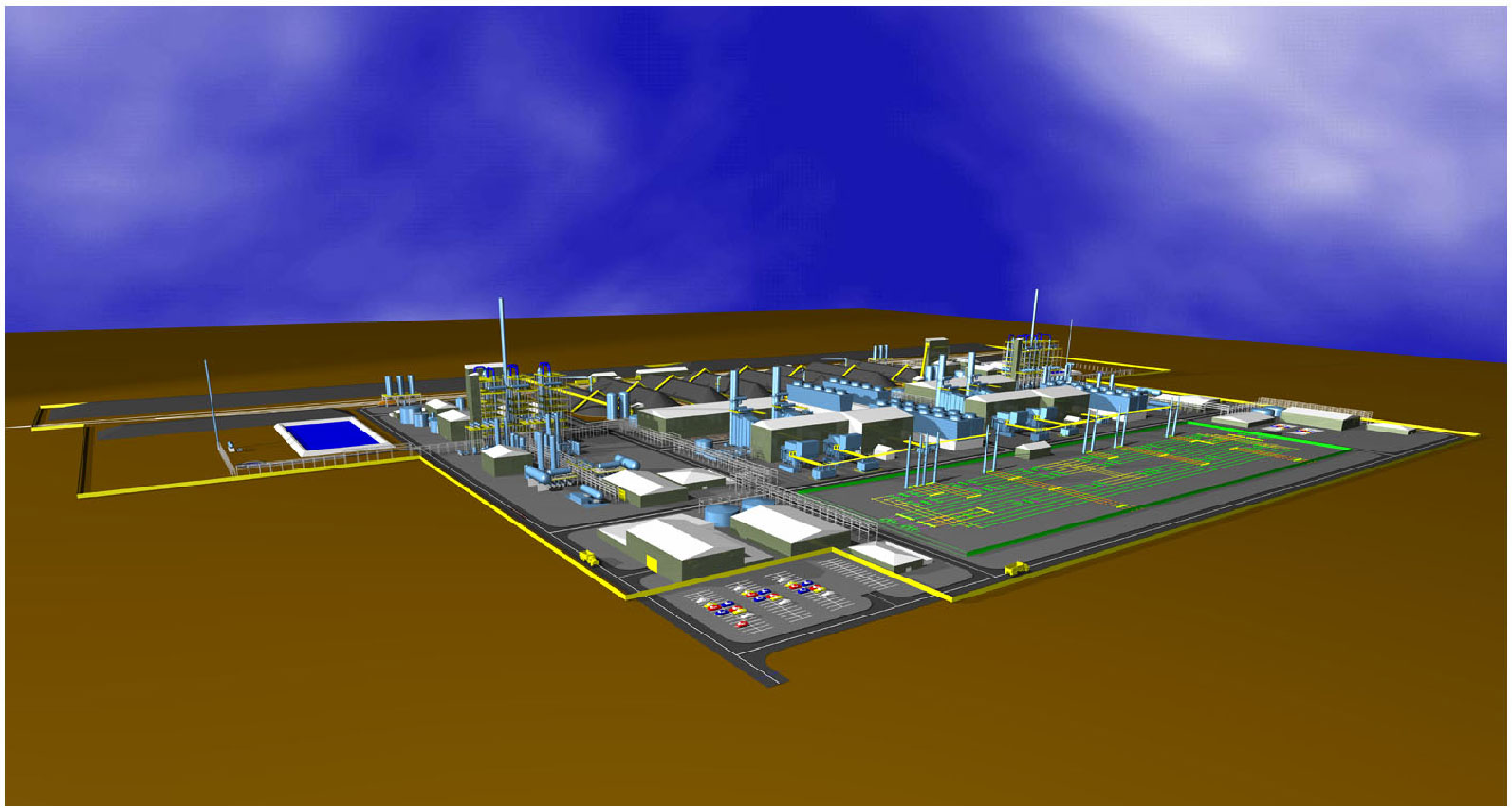StPPP report on hearing
December 19th, 2006
Iron Range plant fought
Xcel leads foes of coal gasificationBY LESLIE BROOKS SUZUKAMO
Pioneer PressA power plant proposed for northern Minnesota would raise electricity rates by 8 percent to 12 percent for customers of Xcel Energy if it is allowed to be built, an Xcel official testified at a hearing of the state Public Utilities Commission on Monday.
The hearing was the opening of three days of public testimony this week on whether the PUC should require Xcel Energy to buy electricity from Excelsior Energy, which has proposed a $2.1 billion coal-gasification plant on the Iron Range just north of Taconite, Minn.
The commission is expected to make a decision in the spring. The energy produced would be used primarily in the Twin Cities area.
Opponents of the plant, which include Minneapolis-based Xcel, told two administrative law judges Monday that the power from the plant isn’t needed, that it would load too much financial risk onto the backs of the public and that the plant’s emissions of carbon dioxide would contribute to global warming.
But the president of the state’s building-trades workers urged the judges to support the plant because it will produce well-paid construction jobs.
Xcel Energy believes that if it is forced to buy the 600 megawatts of power the Excelsior Energy plant is expected to generate by 2011, it will have to raise rates by between 8 percent and 12 percent to pay for the additional power, the utility company’s assistant general counsel, Chris Clark, said.
The Excelsior plant would use a new technology of chemically converting coal into a gas before burning it, a cleaner way to make electricity. But it is more expensive to produce.
Coal gasification, as it is called, has never been attempted on a large scale. Xcel plans instead to use wind and hydropower to meet its rising energy needs by 2015.
The price tag for coal gasification struck a nerve with most of the Xcel customers and shareholders who testified.
“I don’t like making them buy power they don’t need,” said Barbara Parnell, an Xcel stockholder from White Bear Lake.
Others, like Ron Gustafson and Linda Castagneri, contended the public will be saddled with most of the risk should the plant fail. The St. Paul couple own retirement property in Bovey, Minn., near the proposed plant.
“What is the cost of this high-risk demonstration project if it fails?” Castagneri asked, noting that transmission lines need to be built, too. “What is the cost of building infrastructure to nowhere?”
Environmentalists complained Excelsior’s coal-gasification proposal also does not take advantage of the technology’s ability to trap and store the carbon dioxide emissions that contribute to global warming. But Excelsior’s general counsel, Thomas Osterass, said that the plant still beats conventional coal plants with lower emissions of sulfur, mercury and coal particulates and that it has the flexibility to trap carbon dioxide later when the technology improves.
The Minnesota Building and Construction Trades Council, representing 70,000 members, supported the project because it represented “a lot of work and a lot of opportunity,” said its president, Dick Angfang.
More public testimony is expected today and Wednesday in Hoyt Lakes, Minn., and Taconite, Minn.
Leslie Brooks Suzukamo covers telecommunications, technology and energy and can be reached at lsuzukamo@pioneerpress.com or 651-228-5475.
© 2006 St. Paul Pioneer Press and wire service sources. All Rights Reserved.

Leave a Reply